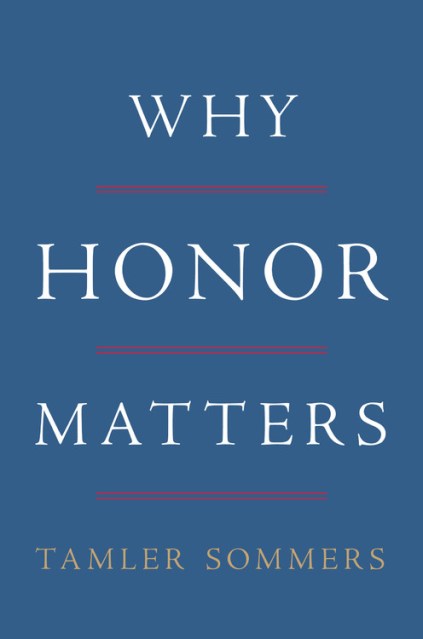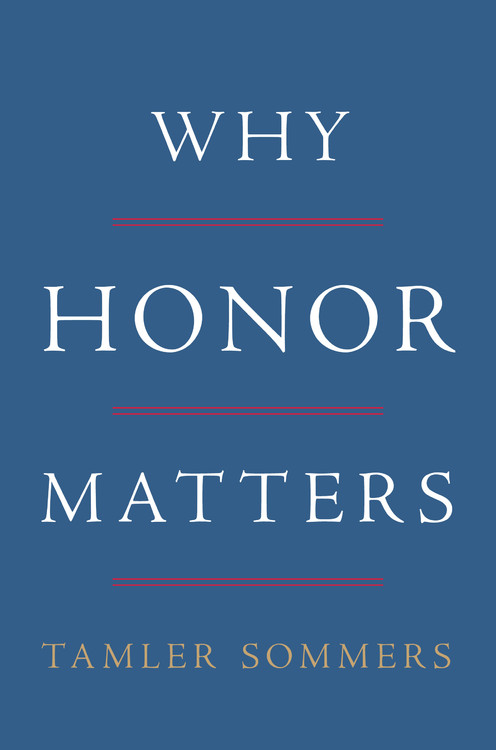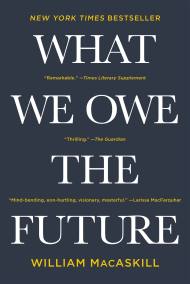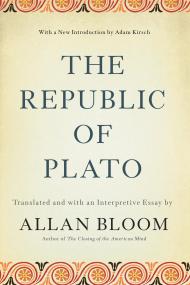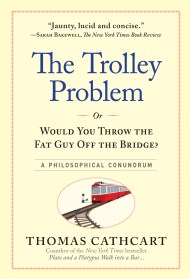Promotion
Use code MOM24 for 20% off site wide + free shipping over $45
Why Honor Matters
Contributors
Formats and Prices
Price
$27.00Price
$35.50 CADFormat
Format:
- Hardcover $27.00 $35.50 CAD
- ebook $16.99 $21.99 CAD
This item is a preorder. Your payment method will be charged immediately, and the product is expected to ship on or around May 8, 2018. This date is subject to change due to shipping delays beyond our control.
Also available from:
To the modern mind, the idea of honor is outdated, sexist, and barbaric. It evokes Hamilton and Burr and pistols at dawn, not visions of a well-organized society. But for philosopher Tamler Sommers, a sense of honor is essential to living moral lives. In Why Honor Matters, Sommers argues that our collective rejection of honor has come at great cost. Reliant only on Enlightenment liberalism, the United States has become the home of the cowardly, the shameless, the selfish, and the alienated. Properly channeled, honor encourages virtues like courage, integrity, and solidarity, and gives a sense of living for something larger than oneself. Sommers shows how honor can help us address some of society’s most challenging problems, including education, policing, and mass incarceration. Counterintuitive and provocative, Why Honor Matters makes a convincing case for honor as a cornerstone of our modern society.
Genre:
- On Sale
- May 8, 2018
- Page Count
- 272 pages
- Publisher
- Basic Books
- ISBN-13
- 9780465098873
Newsletter Signup
By clicking ‘Sign Up,’ I acknowledge that I have read and agree to Hachette Book Group’s Privacy Policy and Terms of Use
